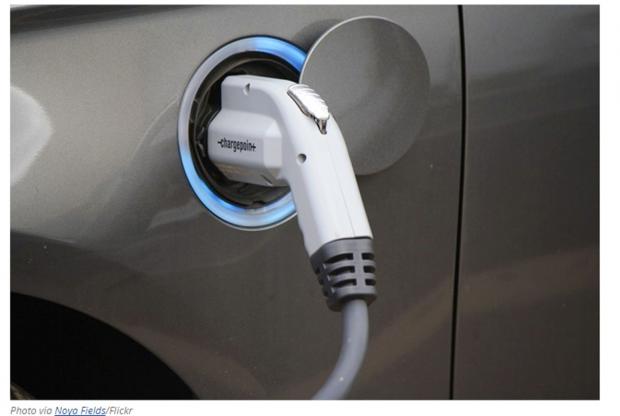
Breaking News
 RAY DALIO SAYS THE MONETARY ORDER IS BREAKING DOWN...
RAY DALIO SAYS THE MONETARY ORDER IS BREAKING DOWN...
 2026 - The Year US Hegemony Ends?
2026 - The Year US Hegemony Ends?
 Censorship Lawsuit Big Tech Hoped Wouldn't Happen
Censorship Lawsuit Big Tech Hoped Wouldn't Happen
 House Oversight Panel votes to advance contempt resolutions against the Clintons
House Oversight Panel votes to advance contempt resolutions against the Clintons
Top Tech News
 The day of the tactical laser weapon arrives
The day of the tactical laser weapon arrives
 'ELITE': The Palantir App ICE Uses to Find Neighborhoods to Raid
'ELITE': The Palantir App ICE Uses to Find Neighborhoods to Raid
 Solar Just Took a Huge Leap Forward!- CallSun 215 Anti Shade Panel
Solar Just Took a Huge Leap Forward!- CallSun 215 Anti Shade Panel
 XAI Grok 4.20 and OpenAI GPT 5.2 Are Solving Significant Previously Unsolved Math Proofs
XAI Grok 4.20 and OpenAI GPT 5.2 Are Solving Significant Previously Unsolved Math Proofs
 Watch: World's fastest drone hits 408 mph to reclaim speed record
Watch: World's fastest drone hits 408 mph to reclaim speed record
 Ukrainian robot soldier holds off Russian forces by itself in six-week battle
Ukrainian robot soldier holds off Russian forces by itself in six-week battle
 NASA announces strongest evidence yet for ancient life on Mars
NASA announces strongest evidence yet for ancient life on Mars
 Caltech has successfully demonstrated wireless energy transfer...
Caltech has successfully demonstrated wireless energy transfer...
 The TZLA Plasma Files: The Secret Health Sovereignty Tech That Uncle Trump And The CIA Tried To Bury
The TZLA Plasma Files: The Secret Health Sovereignty Tech That Uncle Trump And The CIA Tried To Bury
Battery Breakthrough May Triple the Range on a Single Charge

Quanan Pang, who led the research while a PhD candidate at Waterloo, and his fellow researchers made a breakthrough involving the use of negative electrodes made of lithium metal. The material has the potential to dramatically increase battery storage technology.
With increased energy density and therefore energy capacity, electric vehicles could see as much as three times the range on a single charge.
"This will mean cheap, safe, long-lasting batteries that give people much more range in their electric vehicles," said Pang.
In developing the technology, two challenges arose for researchers. The first involved a risk of fires and explosions caused by microscopic structural changes to the lithium metal during repeated charge-discharge cycles. The second involved a reaction that creates corrosion and limits both how well the electrodes work and how long they last.
Researchers were able to solve both problems by adding a compound of phosphorus and sulfur to the electrolyte liquid carrying a charge within batteries.

 Nano Nuclear Enters The Asian Market
Nano Nuclear Enters The Asian Market


